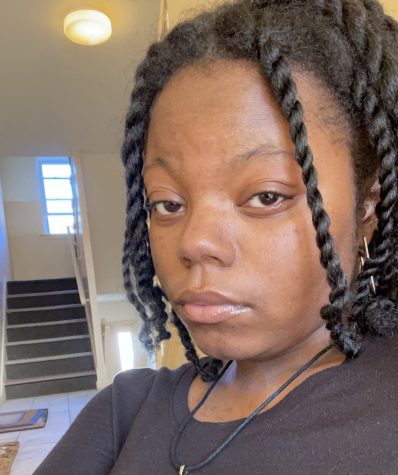BookTok: a community of like-minded individuals encouraging each other to learn and grow through reading. Like the connoisseurs of literature that they are, they share with each other works of art that have left them in awe of the potential of literature. Or so the story goes. In reality, BookTok’s diegesis is far darker, with what is likely a far more sinister effect than could ever have been intended. While the common interpretation of good literature has historically encompassed the works of classical and pre-modern greats like Shakespeare and Camus, BookTok is, for the most part, overflowing with disconcerting romance and young adult fiction.
BookTok has negatively impacted both society and literature because of its promotion of toxic relationships and glorification of aesthetics as opposed to reading for the sake of intellectual development and personal enrichment. This is an issue that must be addressed to preserve the sanctity of literature and the mental health of readers.
While generations of wise elders have complained about kids who “don’t read anymore,” this influx in modern reading habits has a myriad of hidden consequences. According to WordsRated, “As of September 2023, BookTok has over 181.7 billion viewers.” The majority of this demographic are Gen Z teenage girls. Because BookTok-advertised texts are predominantly written by women, the ideologies set forth in these books are presented as the feminine ideal—the things women want. In the hands of impressionable 16 to 25 year olds, this becomes an issue.
BookTok is creating a culture of unrealistic and, frankly, toxic expectations that are becoming engraved in young women’s brains. With the glorification of tropes like ‘enemies to lovers’ and ‘morally gray main characters’ comes the romanticization of: domestic abuse, such as in bestseller Colleen Hoover’s It Ends With Us; human trafficking, such as in K.A. Knight’s Den of Vipers; and of stalking and violence in the recently popularized Haunting Adeline. More such tropes include incest, extreme age-gap relationships, and criminality.
As described by the Suffolk Journal, Colleen Hoover, one of the most prominent BookTok authors, often “casts her female characters as submissive, weak and dependent on their emotionally abusive, violent and controlling male counterparts.” This issue is furthered when people extrapolate on the idea that because it is largely women writing these abusive male characters, women may innately desire such men.
This construes an issue: in today’s Internet epidemic, a recent study by psychologists Dylan Wagner and Timothy Bloom at Ohio State University have shown that, according to fMRI scans, the line between real and fictional people and emotions breaks down in the brains of lonely individuals.
By this line of reasoning, young women poring over their Ana Huang books are prone to an inability to differentiate between reality and the toxic, traumatized characters BookTok has invented. This trend is likely to progress even further with increased exposure.
This issue also affects men as a result of the unrealistic expectations set by BookTok’s male characters. While self-made rich men in the real world often gather the aggregate of their wealth around age 60, BookTok men are portrayed as being in possession of billion-dollar empires, mafia rings, and a million dollars to splurge on whatever they please by the ripe old age of 20, all while having enough vacation hours to spend all of their time with their romantic interests. They are also described as having “God-like” physical attributes and the ability to make insanely expensive and elaborate romantic gestures.
There is no need to point out that these standards are not feasible for the average man—or any man at all.
BookTok needs to be stopped—the portrayals of these superhuman characters, abusive men, and submissive women are massive detriments to society. These fictional precedents can only stir up old insecurities and societal issues that we ought to have transcended by now.






































